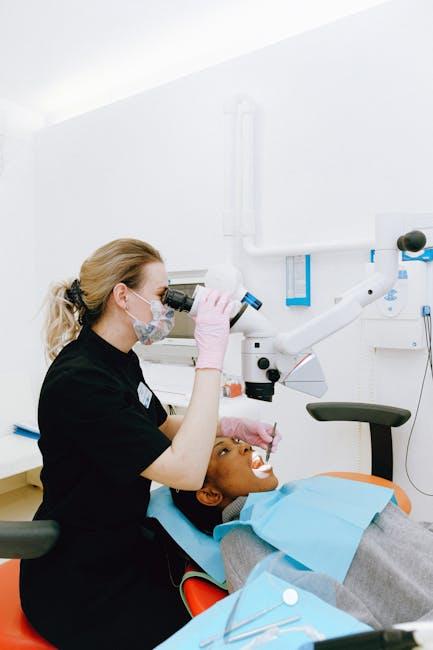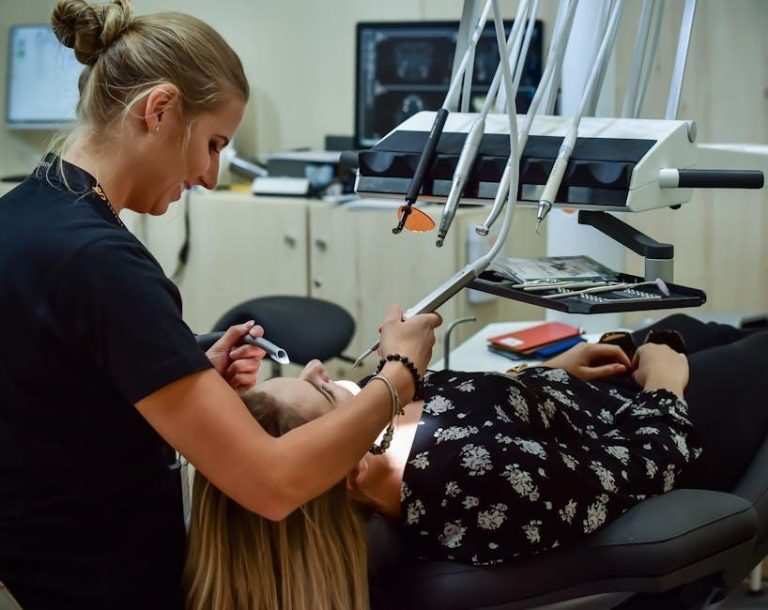
Opinion | Michigan, Invest in Dental Therapy Programs to Diversify Oral-Health Workforce
Access to quality oral health care is a critical component of overall well-being, yet many Michiganders face barriers to receiving timely dental services. One promising solution lies in investing in dental therapy programs that can diversify the state’s oral-health workforce and expand care accessibility. This article explores why Michigan should prioritize dental therapy, the benefits it offers, and practical steps for integrating these programs successfully.
What Are Dental Therapy Programs?
Dental therapy programs train mid-level oral health practitioners who provide preventive and restorative dental care under the supervision of licensed dentists. Dental therapists can perform a variety of services, such as:
- Cleaning and fluoride treatments
- Filling cavities and placing temporary restorations
- Extracting baby teeth
- Providing oral health education and screenings
These programs emphasize community-based training and typically require less time and financial investment than traditional dental degrees. Increasingly, states across the U.S. are approving and supporting dental therapy as a means to enhance care—especially in underserved areas.
The Need for Dental Therapy in Michigan
Michigan faces several challenges regarding oral health care access and workforce diversity, including:
- Provider shortages in rural and low-income urban areas — Many Michiganders live far from dental clinics or lack affordable care options.
- Aging and retiring dentists — With fewer new dentists replacing those retiring, access issues may worsen.
- Lack of diversity in the oral health workforce — Minority and marginalized communities benefit from providers who understand their unique needs and cultural backgrounds.
By investing in dental therapy programs, Michigan can address these gaps with a new, diverse group of oral health professionals ready to serve communities that have been historically underserved.
Benefits of Investing in Dental Therapy Programs
| Benefit | Description | Impact on Michigan |
|---|---|---|
| Increased Access to Care | Dental therapists increase the number of providers available in underserved areas. | Reduced oral health disparities, particularly in rural and urban low-income communities. |
| Workforce Diversity | Programs attract candidates from diverse backgrounds, enhancing cultural competence. | Improved patient-provider communication and health outcomes. |
| Cost-Effective Care | Dental therapists offer affordable preventive and restorative services. | Lower health system costs and fewer emergency dental visits. |
| Support for Dentists | Therapists assist dentists by managing routine procedures, allowing focus on complex cases. | Enhanced clinic efficiency and patient throughput. |
Case Studies: Successful Dental Therapy Programs in Other States
Several U.S. states have already implemented dental therapy programs with great success. For example:
- Minnesota: The first state to license dental therapists, Minnesota has seen improved access to care in tribal and rural communities.
- Alaska: Dental health aide therapists serve remote Native Alaskan villages, reducing untreated dental disease dramatically.
- Oregon: Integration of dental therapists in oral health clinics has led to lower patient wait times and increased patient satisfaction.
These states serve as models for Michigan, demonstrating that dental therapy can be a powerful tool for addressing both workforce shortages and health inequities.
Practical Tips for Michigan to Develop Dental Therapy Programs
To successfully establish dental therapy education and practice in Michigan, stakeholders should consider the following strategies:
- Legislative Action: Enact laws licensing dental therapists and defining their scope of practice.
- Partner with Educational Institutions: Collaborate with community colleges and universities to develop accredited dental therapy curricula.
- Secure Funding: Invest in scholarships, program development, and clinical training sites focused on underserved communities.
- Engage Communities: Involve local leaders and populations in program planning to ensure culturally relevant training and care delivery.
- Promote Awareness: Educate dentists, policymakers, and the public about the role and benefits of dental therapists.
Firsthand Perspective: Voices from the Field
Many dental therapists emphasize how their work transforms communities. Jasmine M., a dental therapist working in a Detroit neighborhood, shares:
“Dental therapy allows me to reach children and adults who might otherwise never visit a dentist. I’m proud to be part of a workforce that not only provides care but also builds trust within our community.”
Stories like Jasmine’s highlight the human impact behind workforce diversification initiatives.
Conclusion: A Call to Action for Michigan’s Oral Health Future
In summary, investing in dental therapy programs offers Michigan a strategic opportunity to diversify its oral-health workforce, enhance care access, and improve public health outcomes. By learning from other states and committing resources to education, legislation, and community engagement, Michigan can build a stronger, more equitable dental care system for all residents.
It’s time for policymakers, educational leaders, and dental professionals across Michigan to come together and champion dental therapy as a vital solution—one that promises healthier smiles and healthier communities statewide.


